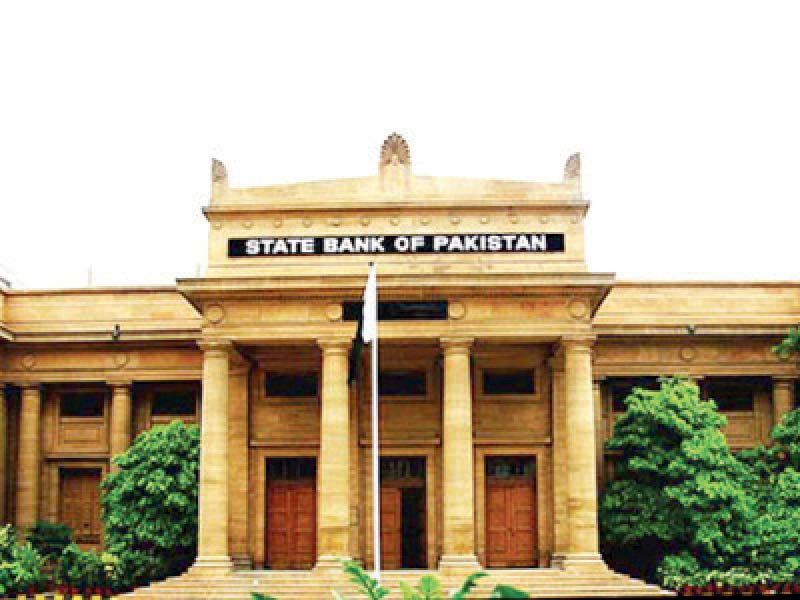
The State Bank of Pakistan (SBP) on Monday announced a one per cent reduction in the interest rate, bringing it down to 19.5 per cent.
This was revealed by SBP Governor Jameel Ahmad during a media briefing following the monetary policy meeting.
Ahmad stated that inflation is gradually decreasing, and the country's economy is on a path to recovery. Consequently, the monetary policy committee decided to reduce the interest rate by 100 basis points, lowering it to 19.5 per cent, he added.
The decision comes as a measure to support economic growth, with the central bank optimistic about further improvements in economic indicators.
"The reduction in the interest rate reflects our confidence in the current economic trajectory," he said.
He said that future projections expect the average inflation rate to stabilize between 23% and 25%, following last year's 23.4%.
Read Policy rate set at 20.5% after 1st cut in nearly 4 years
Earlier in June, Pakistan's central bank had cut its key policy rate for the first time in four years, lowering it by 1.5 percentage points to 20.5% due to a significant slowdown in inflation, which dropped to 11.8% in May from a high of 38% in May 2023.
A reduction in the current account deficit was also reported, with the deficit decreasing to $700 million in the last fiscal year. Foreign exchange reserves saw a significant increase, rising by $5 billion to reach $9.4 billion by June 2024.
Governor Ahmad announced the removal of all import restrictions, facilitating seamless external payments. Despite a monthly increase of $1.3 billion in imports, reserves have remained stable. Banks have resumed dividend payments to foreign investors, transferring $2.2 billion in profits abroad, marking a sevenfold increase in profit repatriation.
Improvements were noted in payments for airline royalties and technical fees. The SBP has made it easier for importers to conduct transactions through their banks without needing prior central bank approval.
The oil import bill has decreased significantly, dropping from $2.3 billion to $1.4 billion in the first quarter due to lower international prices and reduced volumes. This reduction has provided substantial support. Non-oil imports stood at $3.2 billion, reflecting an increase of over $1 billion.
For the current fiscal year, GDP growth is projected to be between 2.5% and 3.5%.

















COMMENTS
Comments are moderated and generally will be posted if they are on-topic and not abusive.
For more information, please see our Comments FAQ